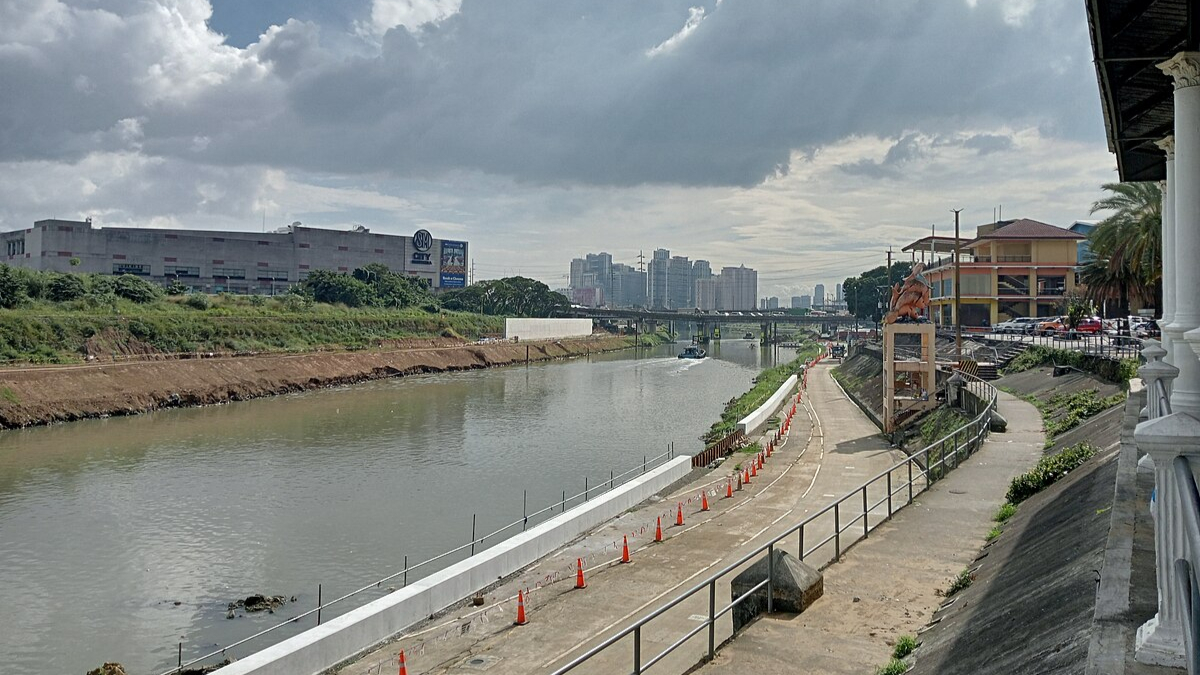A recent study on communities living along the Marikina River in the Philippines emphasizes the need to consider local experiences and perceptions when evaluating water quality. Conducted by anthropologists Gideon Lasco of Ateneo de Manila University and Anita Hardon of Wageningen University, the four-month study focused on human-water interactions among residents from both low- and middle-income groups.
The researchers found that people primarily use sensory perceptions—such as color, taste, and smell—to assess water quality. Clear water is often seen as safer than muddy water, but water that tastes sweet is preferred over water that has a rusty taste, even if it appears clear. Residents also perceive water quality as changing based on recent events, such as typhoons temporarily affecting its clarity.
Economic and social factors also influence water access. While urban communities downstream can afford water from refilling stations and bottled sources, rural communities upstream rely on natural springs, which can be more prone to contamination. The study also revealed that despite improvements in water access due to privatization, many low-income areas still struggle with consistent access to piped water.
Lasco and Hardon recommend that policies on water distribution and purification incorporate local knowledge, particularly people’s everyday experiences with water, which remain the primary way they judge its quality. This approach is crucial, especially when dealing with contaminants like microplastics, which are difficult to detect through sensory means.






